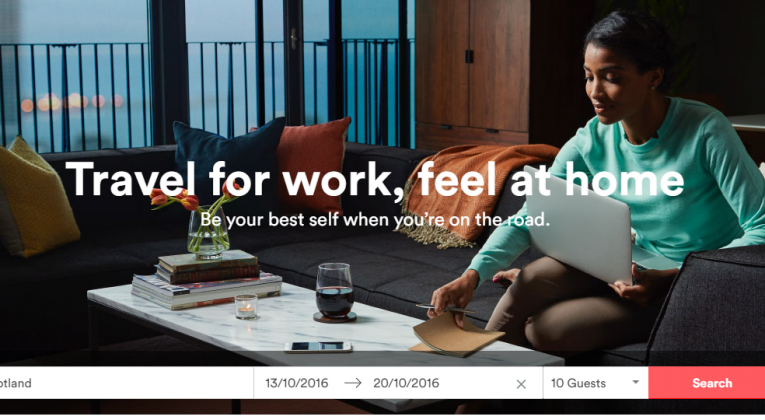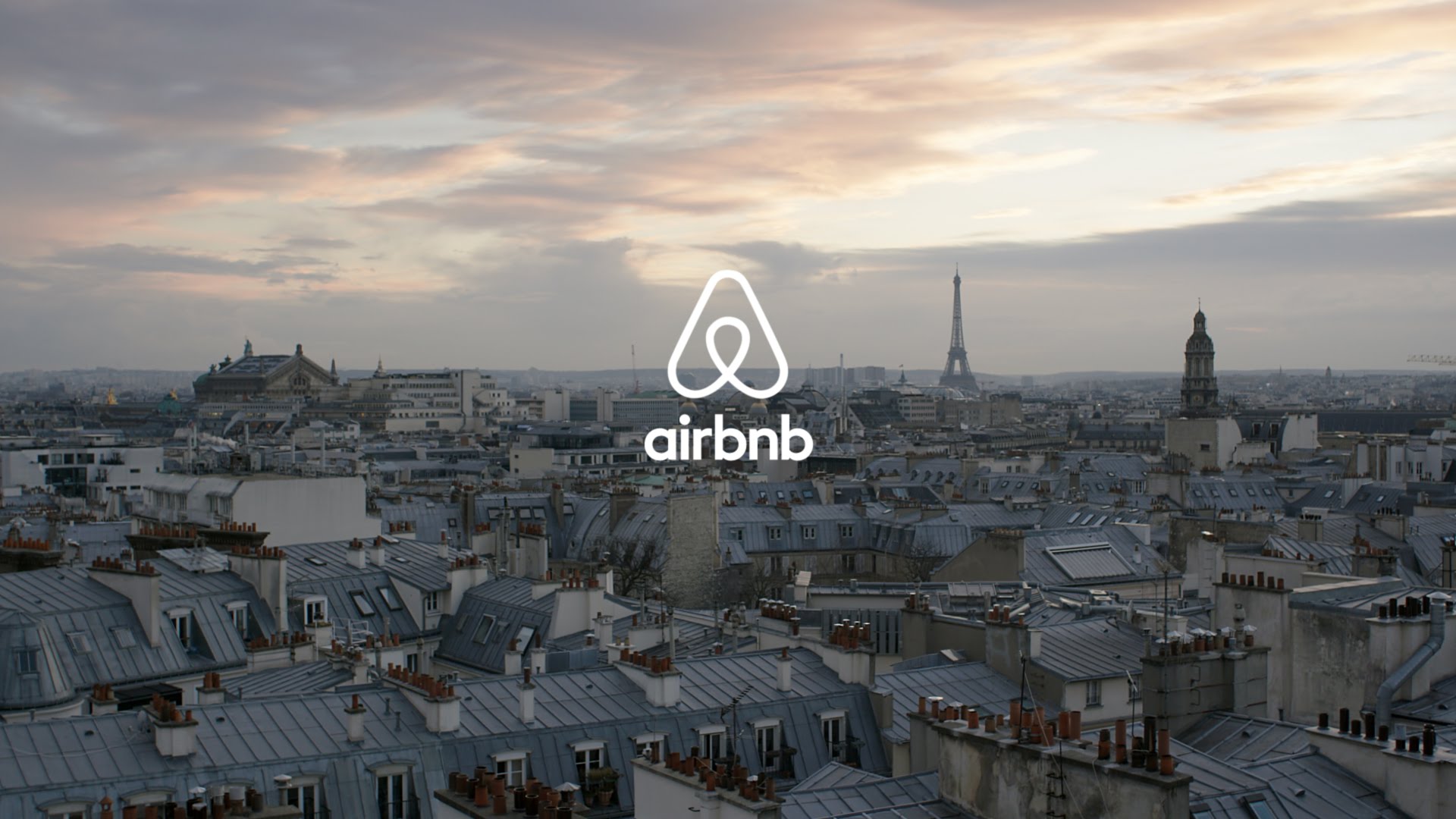Some links to products and partners on this website will earn an affiliate commission.
There is no doubt that Airbnb is an attractive proposition for the travelling public. Joe wrote last weekend about Airbnb’s explosive growth in guest numbers. It is easy to see the attractiveness. If you travel as a family or a large group, renting an entire flat/house/etc. can result in substantial savings over staying in a hotel. You might also be keen to visit somewhere with a shortage of hotel options; Airbnb is an easy and relatively trustworthy method of booking private accommodation. And even the most luxurious of hotels is probably going to pale in comparison to that gorgeous Tuscan villa, New York loft or beachfront apartment for a more “authentic” experience.
But Airbnb has its downsides and I thought I would present some of the reasons why Airbnb is so controversial in many parts of the world.
That Property You’re Booking is Probably Being Let Illegally
If you run a quick Google search on “Airbnb illegal” you will see what I mean. A few cities completely ban short-term rentals without a license, most notably New York, Barcelona, Vancouver, Miami Beach, Singapore, Hong Kong and Berlin. (I could add dozens more cities to the list). Irrespective, you won’t struggle to find places to let in those cities on Airbnb. Airbnb’s policy is that individual hosts (not Airbnb with its dozens of legal and tax experts!) are responsible for ensuring that the listing complies with local law.
By accepting our Terms of Service and activating a listing, you certify that you will follow your local laws and regulations.
Many other jurisdictions – such as Paris, San Francisco, Amsterdam and London – have placed restrictions so that properties cannot be let for more than, for example, 60 or 90 nights per year. Enforcement of this limit becomes a responsibility of the local government, who naturally struggle to keep up with the thousands of properties being listed on Airbnb.
If you’ve stayed at an Airbnb property that was clearly somebody’s home, with off-limits areas and signs of regular life, you’re probably participating in the “sharing economy”, which many people have no problems with. (except their mortgage lender) But even when booking a room in somebody’s home, if your host won’t tell you the exact address – as happened recently to some Argentine friends visiting Barcelona – you are staying illegally because your host is afraid of inspectors from city hall. When you’re staying at a professionally-let property, this is also quite likely to be illegal. After all, is that fully-furnished flat really going to let on a short-term basis for two months, with the rest of the year going to a standard, long-term tenant? Not likely…
As the guest, you are unlikely to be committing a crime – for now… but as with prostitution, some places might eventually deem it more effective to criminalise the demand side of the equation – but nonetheless I prefer to avoid directly supporting illegal activity, how about you?
You’re Contributing to the Hollowing-out of the Local Life You’re Probably There to Experience
Did you know that, according to a recent presentation at the World Routes 2017 conference, Venice has more than twelve visitors per day to every local? This works out to twice the ratio of visitors to employees at Disney’s Magic Kingdom! Similar numbers apply to Amsterdam.
Or in Reykjavik, Iceland a 2016 article cited the fact that thousands of properties were listed on Airbnb, but exactly 9 were available for long-term let in downtown Reykjavik!!
Perhaps you don’t mind not having any Italian or Dutch people around as you wander the streets and canals of Venice or Amsterdam. But every flat that is let to short-term tourists is, almost by definition, unavailable for local residents to rent. Since the supply of housing accordingly shrinks when compared to the demand, rents rise… forcing locals to move away from the city centre. If that doesn’t concern you, perhaps the inevitable consequence does… once there are too few locals left, that quaint coffee shop is replaced by a Starbucks, the formerly charming waiter becomes fed up at the daily routine of dealing with guests speaking any of a dozen languages (without the briefest of efforts to speak his own), and that yummy bakery is converted into a souvenir shop.
Perhaps you might believe that it is local government’s responsibility to manage tourist numbers. They do! By limiting hotel construction, not licensing tourist flats, etc. many city councils are sending a direct message, which you are then counteracting by booking that illegal or quasi-legal Airbnb.
Safety and Security
Airbnb takes great care to ensure that its customers receive refunds – assuming they booked via the platform and didn’t fall for a scammer offering a discount for paying direct – in the case of the property not actually existing, receiving a knock on the door from the local police evicting them from an illegally-let property, or arriving on a delayed flight and failing to track down the property’s host. But that still leaves the guest stranded in a foreign country with no accommodation. This risk can be partially mitigated by exhaustively researching feedback. Or you could just book a hotel in the first place…
What is the first thing you do when completing the purchase of a house/flat? You probably change the locks. Who knows how many key copies were made by the previous owner / tenant… Would you stay at a hotel where every prior guest might still have a key to your room? I didn’t think so, or at the very least you’d put your valuables in the safe (the one that the Airbnb host didn’t bother to install…)
Luckily, bad experiences are rare and staying at a hotel is no guarantee either, but it’s always worth thinking twice about replacing a standard buy-from-a-legitimate-company transaction with a peer-to-peer one with an anonymous person you met on the internet.
Social Conscience
I’ll be brief, since I know that every attempt to boycott Amazon, Starbucks, Apple, etc. (for their business practices) lasts little longer than the time it takes to click “like” on the latest social media viral sensation. (before returning to your venti skinny lactose-free latte with a caramel drizzle whilst surfing the Amazon website on your phone…)
The UK-based hotel chain IHG paid over £100m in income taxes last year world-wide. Airbnb’s UK arm – which covers all Airbnb bookings outside of the U.S., China and India – paid £314,000. That’s not very many nurses and teachers. And it’s a safe assumption that somebody renting their flat illegally is unlikely to be completely truthful with the taxman.
And how many jobs is Airbnb supporting in your ideal tourist destination? Basically none I’m guessing, apart from a cleaning service after you leave.
I’m not suggesting that hotels are paragons of virtue, but a fixed establishment (whether it’s a chain hotel or a family-owned B&B) is much more likely to be paying its due, and providing employment to a number of people.
You Can’t Earn Points, Elite Status or Cashback!
I can’t possibly write an entire post without mentioning the fact that Airbnb doesn’t offer a loyalty programme. 🙂 Nor can you book an Airbnb via a cashback portal.
So, by booking an Airbnb, you are missing out on opportunities to earn potentially large rebates from hotel chain promotions, such as this 60% rebate from Hilton Honors or a Starwood Preferred Guest Best Rate Guarantee.
Should you hate bland chain hotels or take Dr. Redeye’s side in the debate about elite status – click here for Dr Redeye’s view and click here for mine – you can still choose from any number of small boutique hotels and B&Bs available on hotels.com or booking.com – available through Topcashback – and reduce the headline price accordingly.
Conclusion
Airbnb is growing by leaps and bounds and nothing I write will stop that. But, at the same time, a substantial number of people are simply unaware of the implications of their accommodation choice. “It must be legit because it is listed on Airbnb” simply is NOT true. So make sure to think twice whenever you are tempted to book a stay with Airbnb…







Delta has an Air BnB promo….
https://www.deltaairbnb.com/?sm=6557387294&mkcpgn=EM_MKTG_PART_PT_170918_AA008254_A01F_P0_PRI
Yeah I know, but Skymiles are practically worthless. 😀
Also Qantas (and was Virgin America).
http://www.travelhackingtutor.com/2017/06/08/earn-airline-miles-airbnb-bookings/
Were it not for AirBNB there are a number of trips with friends that I simply couldn’t take.
I wonder if it’s worse to completely lose 6 travellers and their associated spend (we travel as a group and go for larger AirBNB options) or to try and find a way of effectively investigating / regulating AirBNB.
Next Christmas I’m sorting out a reunion trip for 10 people. Using even a budget hotel would literally be 6x or more the cost of the houses I’m looking at… and the experience wouldn’t be anywhere near as pleasant as we’d all end up split up as soon as everyone went back to the hotel (no communal space unless we fancied sitting in a public area all evening).
Great point – I thought Craig’s article was excellent (as usual!) but I actually disagree with quite a bit of the substance. As an Airbnb convert though, that could just be my self-interest talking…:)
I recently read an article in the Guardian which was about Ryanair. One of the main reasons that travel is now so “cheap” is because we have “externalised” much of its actual cost. Flight attendants are barely paid a living wage, pilots are independent contractors so that the company doesn’t have to make any national insurance contributions or pay for time off, etc. And we all complain incessantly about APD here at InsideFlyer so we’re not immune. But ultimately we all pay in the end because an economy full of low-paid Uber drivers not paying anything in tax can’t sustain the public services most people are in favour of.
I’ll all in favour of proper regulation, and I’m all in favour of people actually following the regulations. That second part is where I think Airbnb is being disingenuous and I think people need to be aware of the role they are playing in going against those regulations.
Anyhow, I’ve got enough crap politics going on around me so I’ll try not to get too worked up about this one. I’d rather start a conversation rather than preach to the converted…
I’ll add one to you list. Airbnb doesn’t allow you to opt out of Direct Currency Conversion (DCC), which contravenes both Visa and Mastercard’s regulations. I book a month at a time, so that 3% really hurts. People found ways round it, but Airbnb changed their system each time to fix the loophole. Their CS reps then play dead and say “oh the system doesn’t allow it”.
This, plus hosts don’t actually see the extent of guests charges. Again, for long bookings, these are up to 15% – leads to some interesting conversations when you try and cut a deal – “but that’s not my price, the fee is only this” – No it’s not, they just don’t show you my fee, the thieving B**ards!!
Cheers. Forgot about my issues last year getting Airbnb to charge in local currency rather than GBP. Was pretending to myself what a great deal it was to earn AA miles from paying “rent” on my credit card.